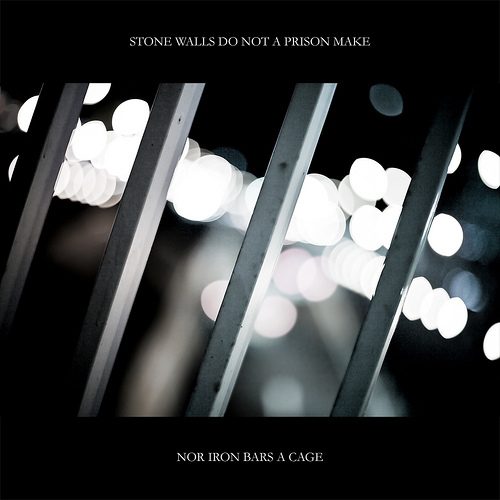How to Starve Your Brain to Make It Create

Here’s today crazy idea for creativity in a nutshell: deprive yourself of everything interesting and stimulating to force your brain to generate something interesting of its own.
Before you get too amazed or weirded out on me, let me announce that I cannot take credit for this plan: it comes from Twyla Tharp’s book, The Creative Habit. Tharp is a hugely creative person (dancer and choreographer), but she chalks most of that success up to discipline. Here’s a bit from Chapter 1 to show you what I mean:
After so many years, I’ve learned that being creative is a full-time job with its own daily patterns. That’s why writers, for example, like to establish routines for themselves. The most productive ones get started early in the morning, when the world is quiet, the phones aren’t ringing, and their minds are rested, alert, and not yet polluted by other people’s words. They might set a goal for themselves — write fifteen hundred words, or stay at their desk until noon — but the real secret is that they do this every day. In other words, they are disciplined. Over time, as the daily routines become second nature, discipline morphs into habit… More than anything, this book is about preparation: In order to be creative you have to know how to prepare to be creative.
For starters, Tharp is not saying that writers should stop reading and learning from great books. Tharp will be the first to tell us that we should attend with great care to works we admire (should like to stop people everywhere from listening to music while they work, for example. We ought to be single-mindedly listening to really honor the music).
But when it’s time to create, Tharp advocates an absolute fast, no goodies for the brain. Bore yourself so that you will make something up out of desperation.
Tharp describes not even letting herself read the label on the cereal box, but even if you don’t want to go that far, consider scaling back your multi-tasking and entertainment fillers. Instead of texting or playing fruit ninja (guilty, guilty), try using time waiting in line, on the metro, driving, or whatever to cook the project you’re working on. What small problem can you turn over in your mind? What small advance can you make?
Especially when I’m in the revision phase of a project, I have to scale my audiobook listening way back to make sure that my brain stays on the job of my book.
So there, go forth and get bored. And then get creative.




